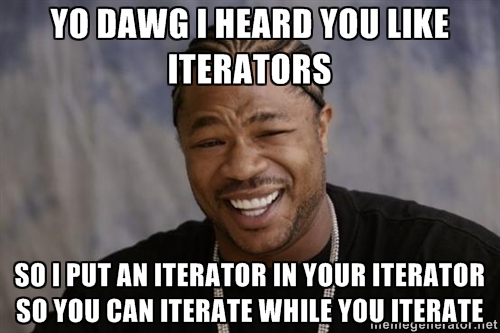My “Week On StackExchange” Series takes a break at the moment because I don’t have not too much blog-worthy.
Instead, I’m starting something new again: Tips on a specific topic which you can read in 5 minutes maximum during coffee break. Mostly not by me, just found by me 🙂
I don’t try to make it a regular thing but I have a loose collection of useful stuff so why not use the blog to bring order into it and hopefully it’s also useful for others.
Let’s start with Magento Performance Tweaks, all with little effort and can be used without hesitation:
Continue reading “5 Minute Tips: Magento Performance Tweaks”




